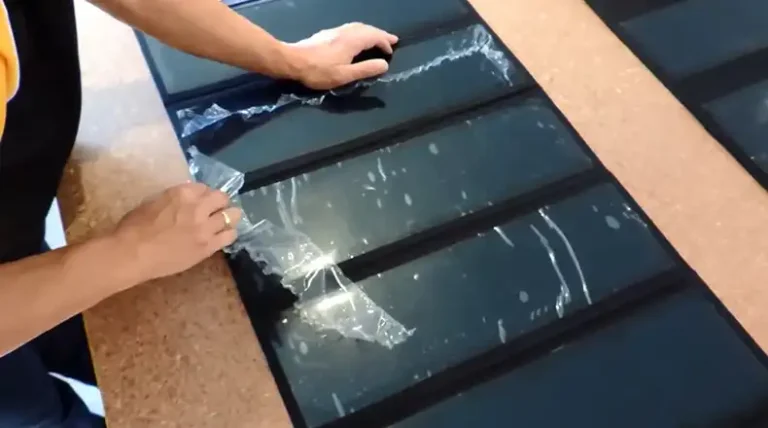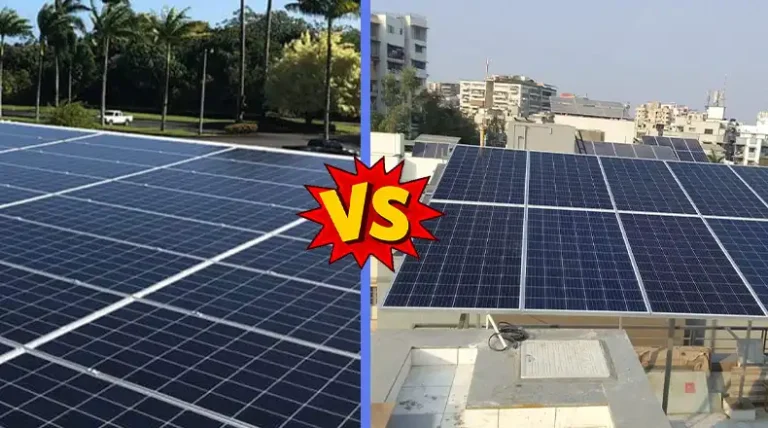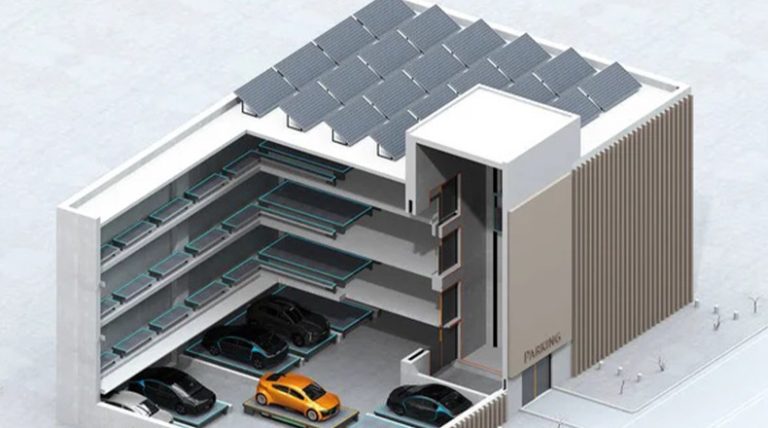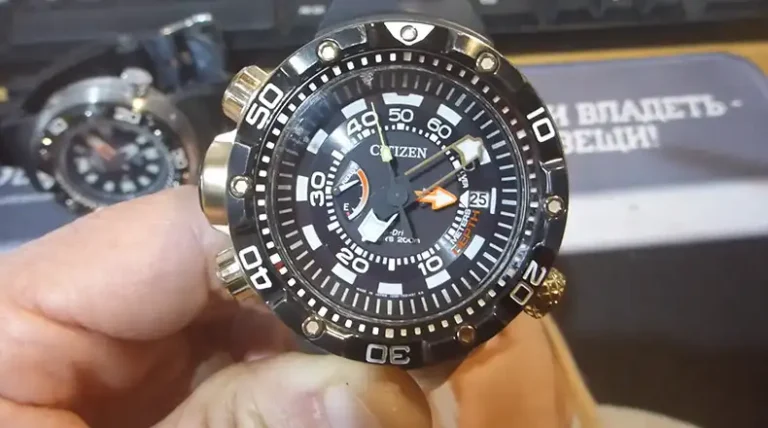Can a Solar Light Charge Itself? General Discussion
Solar lights are a popular choice for outdoor lighting, but many people wonder if they truly charge themselves. The answer is yes! In this guide, we’ll explore how solar lights work, how they charge during the day, and how they power themselves at night. We’ll also answer some frequently asked questions to give you a complete understanding of these sustainable lighting solutions.
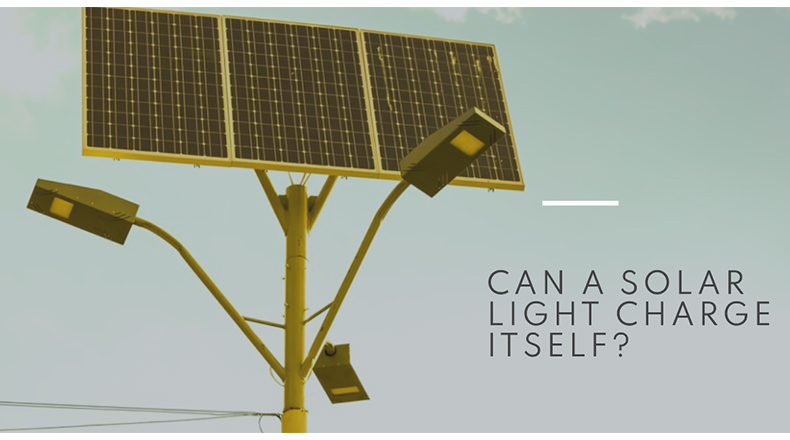
Does Solar Light Need Any Assistance for Charging?
Not at all! Solar lights are designed to be completely self-sufficient when it comes to charging. The solar panel on the light is able to convert light energy, whether from the sun or any other source, directly into electrical energy that gets stored in the rechargeable battery.
The inner workings of a solar light are quite simple yet ingenious. The solar panel acts just like a regular photovoltaic panel – when light hits the panel, it triggers the photoelectric effect, generating an electrical current. This current then charges up the battery housed within the solar light fixture.
So as long as the solar panel is exposed to a light source, be it bright sunlight or even indoor lighting, the battery will begin to charge on its own. There’s no need for any external power source or human intervention to get the charging process started.
The only assistance a solar light may require is proper positioning and placement. To maximize the charging efficiency, the solar panel should be angled towards the light source and kept free of any obstructions or shading. This ensures the panel can soak up as much light as possible during the day.
But even if the solar panel isn’t in an ideal spot, the light will still be able to charge, just at a slightly slower rate. As long as some light is reaching the panel, the self-charging mechanism will kick in automatically without any manual help.
Can a Solar Light Power up Itself?
Absolutely! The self-charging capability of solar lights also allows them to power themselves up entirely on their own. Here’s how the process works:
During the daytime, the solar panel on the light converts the sun’s rays into electrical energy, which is then stored in the rechargeable battery. As night falls and the ambient light levels drop, a sensor on the light detects the change and automatically switches the light on, using the stored electricity to illuminate the LED bulb.
The light will continue shining throughout the entire night until dawn, at which point the sensor registers the increasing light levels and turns the light off again. This triggers the solar panel to resume charging the battery, ready for the next cycle of self-powered lighting.
The beauty of this system is that it’s completely autonomous. The solar light doesn’t require any manual activation or deactivation – it senses the light conditions and manages the charging and powering process all by itself. All you need to do is position the light properly, and it will take care of the rest.
Of course, the length of time the light can stay illuminated at night depends on factors like the battery capacity, solar panel efficiency, and the amount of sunlight it receives during the day. But in general, a well-designed solar light can keep itself powered up indefinitely, providing reliable, self-generated lighting whenever needed.
Fun Fact: Did you know that some solar lights even come with adjustable settings, allowing you to control the brightness or set timers for automatic operation? Talk about smart lighting!
FAQs
How long do solar lights typically last on a charge?
The duration a solar light stays lit on a single charge depends on several factors, including the size of the battery, the number of LED lights, and the amount of sunlight received during the day. Generally, solar lights can last anywhere from 6 to 10 hours on a full charge.
Do solar lights need any maintenance?
Solar lights are relatively low-maintenance. However, for optimal performance, it’s recommended to occasionally clean the solar panel with a damp cloth to remove any dirt or debris that might hinder sunlight absorption. Additionally, during extended periods of low sunlight, you might want to bring the lights indoors to prevent the batteries from draining completely.
Can solar lights withstand harsh weather conditions?
Most solar lights are designed to be weatherproof and can tolerate rain, snow, and even mild hail. However, it’s always a good idea to check the manufacturer’s specifications to ensure your chosen solar lights are suitable for your climate.
Do solar lights still charge if switched off?
Absolutely! This is one of the beauties of solar lights – they function in a self-sufficient manner. Even when the light is switched off during the day, the solar panel continues to collect sunlight and convert it into electricity. This electricity is then stored in the battery for later use. So, whether the light is on or off, as long as the solar panel receives sufficient light, it will continue to charge.
Is it OK to leave solar lights on all night?
Absolutely! Leaving your solar lights on all night is perfectly fine. Solar lights are specifically designed to operate throughout the night. The solar panel charges the battery during the day, and the stored energy is then used to power the light at night. So, leaving them on won’t damage them or shorten their lifespan.
End Notes
Solar lights offer a convenient, eco-friendly, and cost-effective way to illuminate your outdoor space. Now that you understand how they work and their benefits, you can make an informed decision about incorporating them into your landscaping or garden design. If you have any further questions, feel free to leave a comment below!

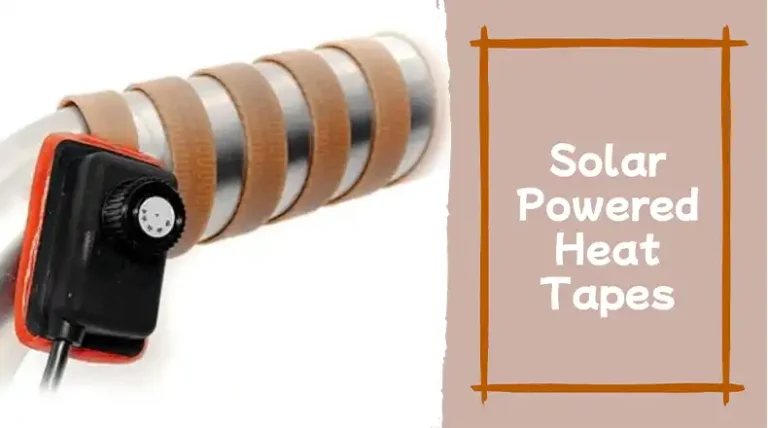
![[Explained] What Size Fuse for 3000 Watt Amp for Solar Inverter?](https://www.itekenergy.com/wp-content/uploads/2023/08/What-Size-Fuse-for-3000-Watt-Amp-for-Solar-Inverter-768x428.webp)
